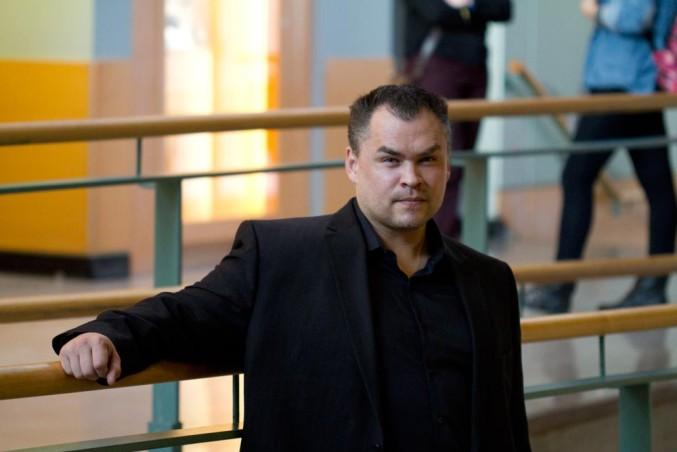By Jonah Brunet
Un-cooperative instructors have been deemed one of the major obstacles to accommodation for Ryerson students with disabilities.
In a March 26 town hall meeting held by the Ryerson Access Centre, students raised concerns over University Senate Policy 159, which allows instructors to refer students to deans or program directors if they disagree with an academic accommodation request, a lengthy process that has, for some students, caused more harm than good.
“It’s like somebody at Ryerson going up a wheelchair ramp and getting stopped at the top,” said Mark Dukes, a former public administration and governance student who was at the town hall. He was twice denied accommodations by his instructors during his time at Ryerson.
Dukes said the Access Centre, which provides services such as extra time during exams for students with disabilities, failed him and was the main reason he never got his degree.
He had to meet with a doctor and a specialist before being considered for accommodations, a process which took three months and ended in his request being denied.
“The access centre doesn’t work for students,” Dukes said.
But Christina Halliday, the director of Ryerson’s student learning support services who co-hosted the town hall with its manager, Marc Emond, said it was rare for an instructor to deny a student accomodation.
“Our experience is that faculty want to participate in the accommodation process and make their classes accessible to all students,” she said.
Halliday said the main reason an instructor would deny accommodation is if they felt it gave the student too much of an advantage and jeopardized the integrity of the class.
Joshua Priemski, a first-year journalism student with Attention Deficit Hyper-active Disorder (ADHD), said accommodations do not give students an advantage.
“Most people seem to think that it’s an unfair advantage when you get accommodations,” said Priemski, who recently visited the Access Centre for the first time.
“That’s not really the case. It’s more levelling the playing field so you’re on the same plane as everyone else and you have the same opportunity to succeed.”
Unlike Dukes, Priemski said that his experience with the Access Centre has been a positive one so far.
After only one appointment he said many of his initial anxieties were eased.
Alysha Li, president of the Ontario Undergraduate Student Alliance, said she liked the idea of a town hall meeting, but encouraged that it be viewed as a first step.
“The more important part is the follow-up to the town hall,” she said. “Oftentimes town halls are a great place to talk, but it’s the implementation part that’s difficult.”
No steps have been taken to make academic accommodations more accessible to students with mental disabilities.
But Halliday said she and her colleagues are reviewing the town hall transcript to figure out how best to improve the access centre.
“We heard you,” Halliday said to students at the town hall. “I’m taking the feedback that I got very seriously.”
The access centre plans to hold a town hall meeting every fall and winter semester.










Leave a Reply